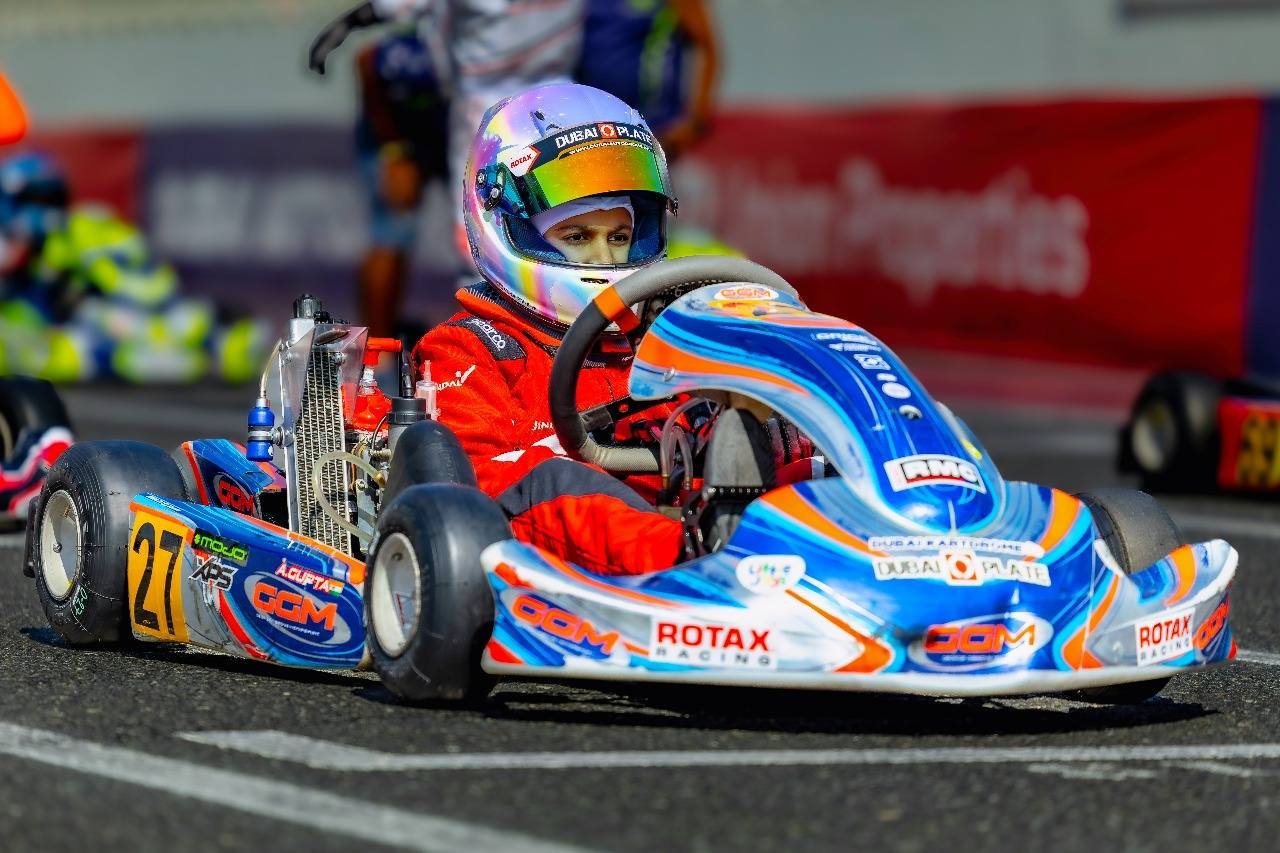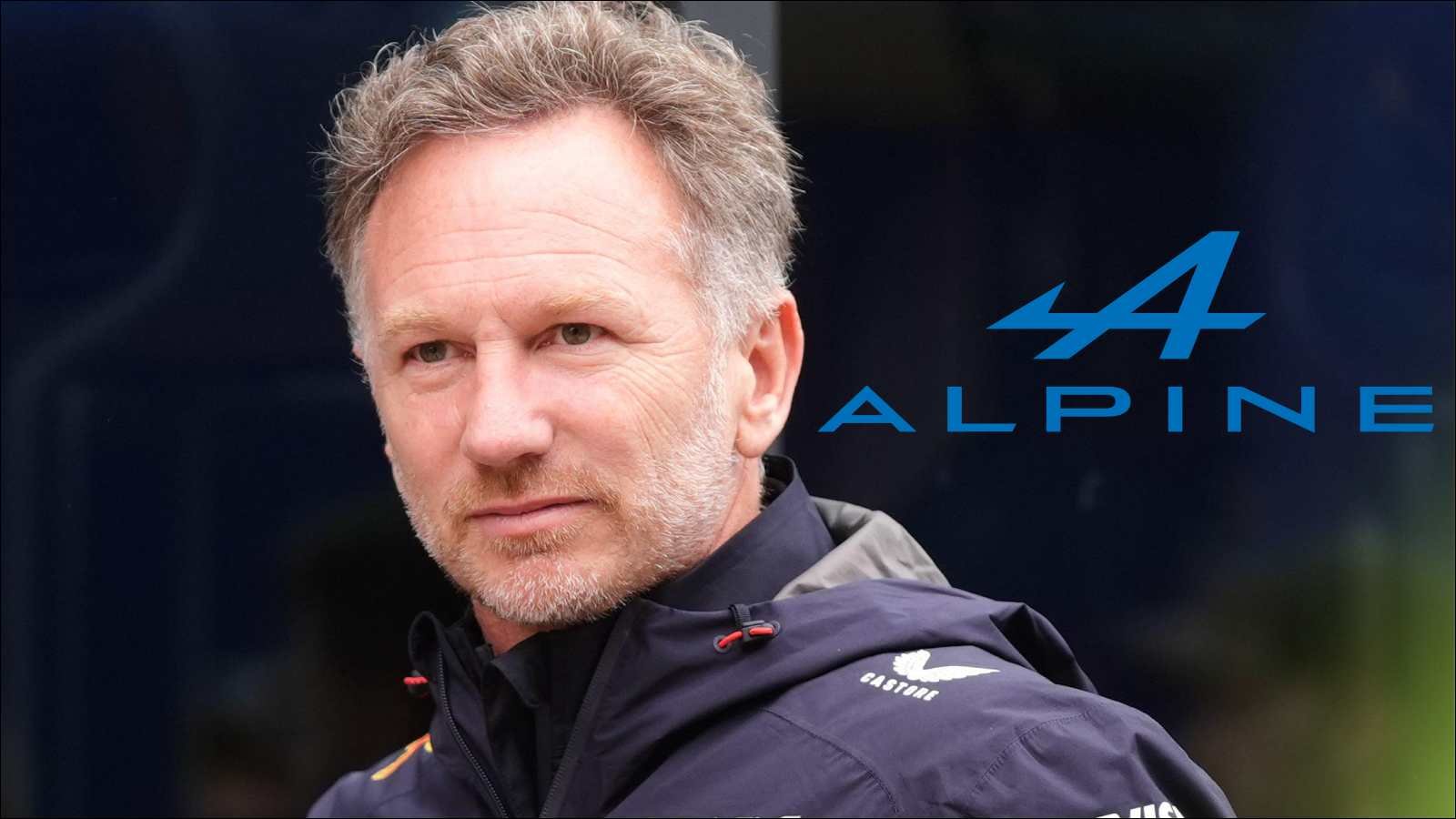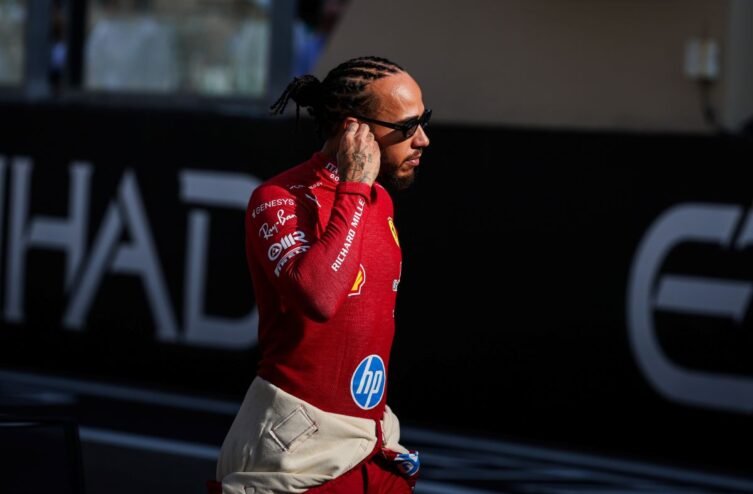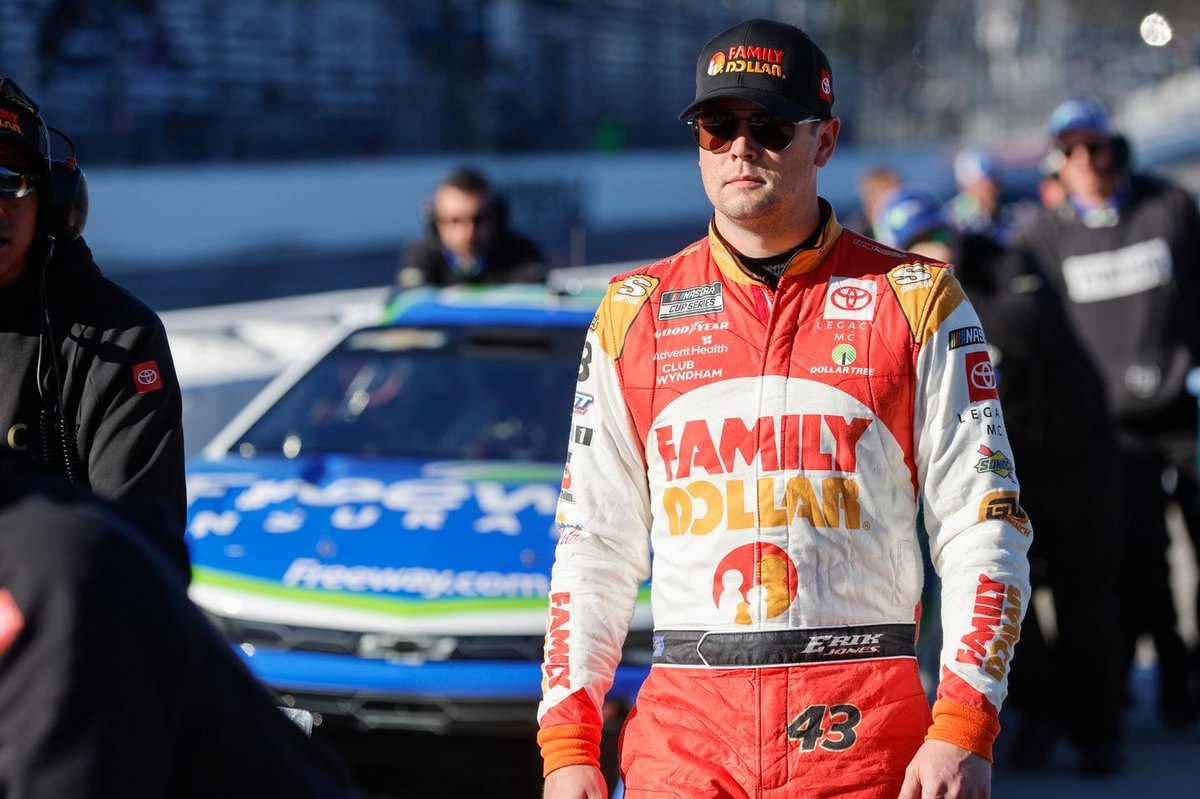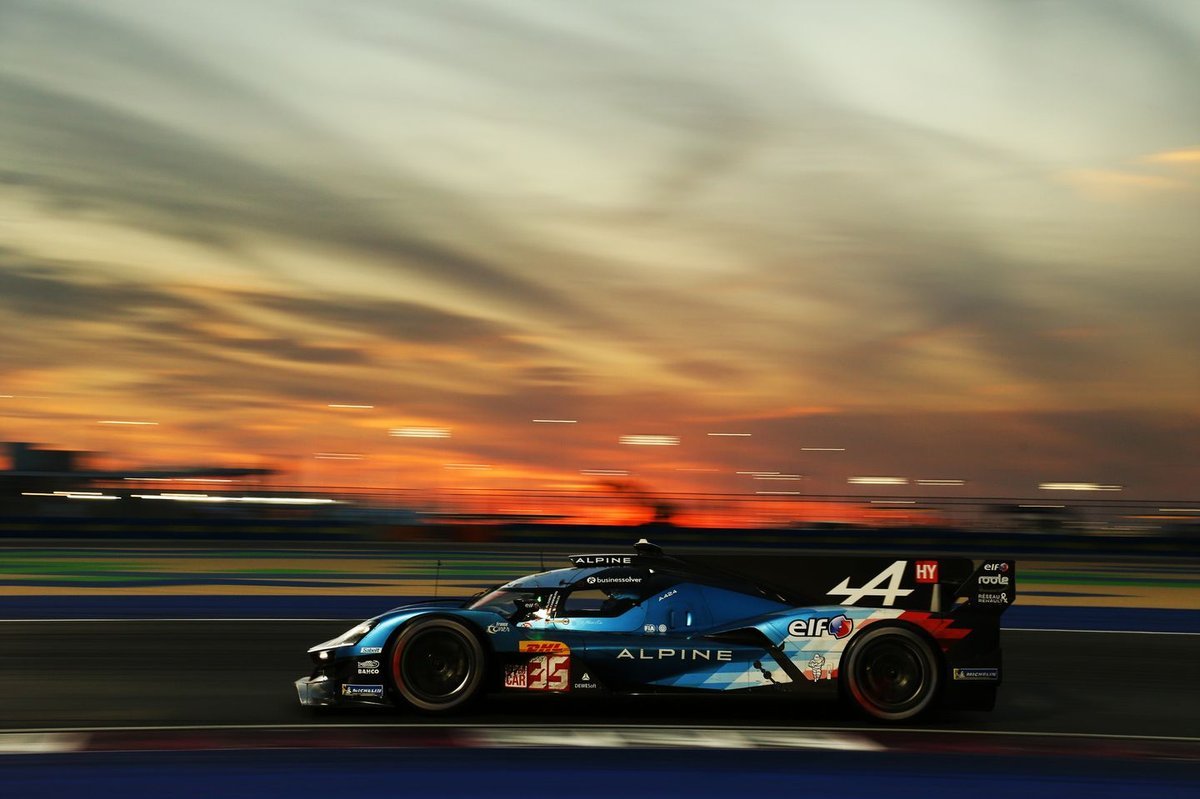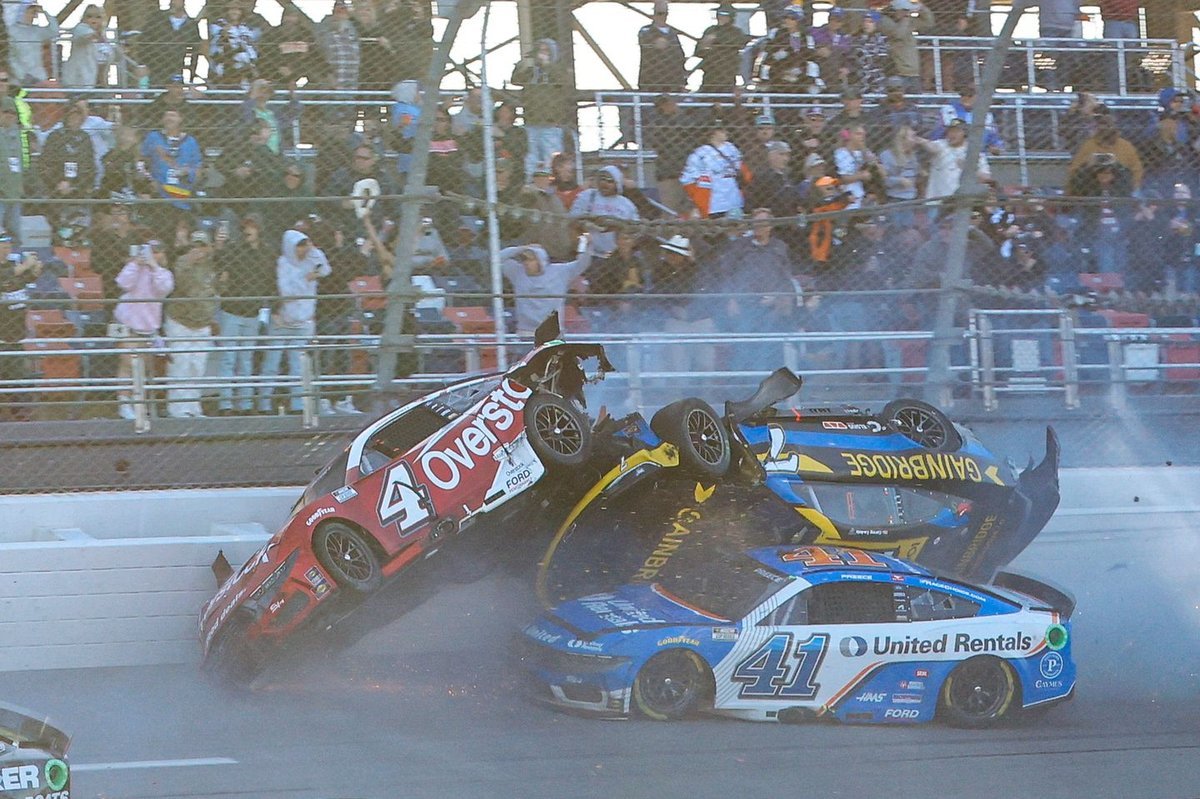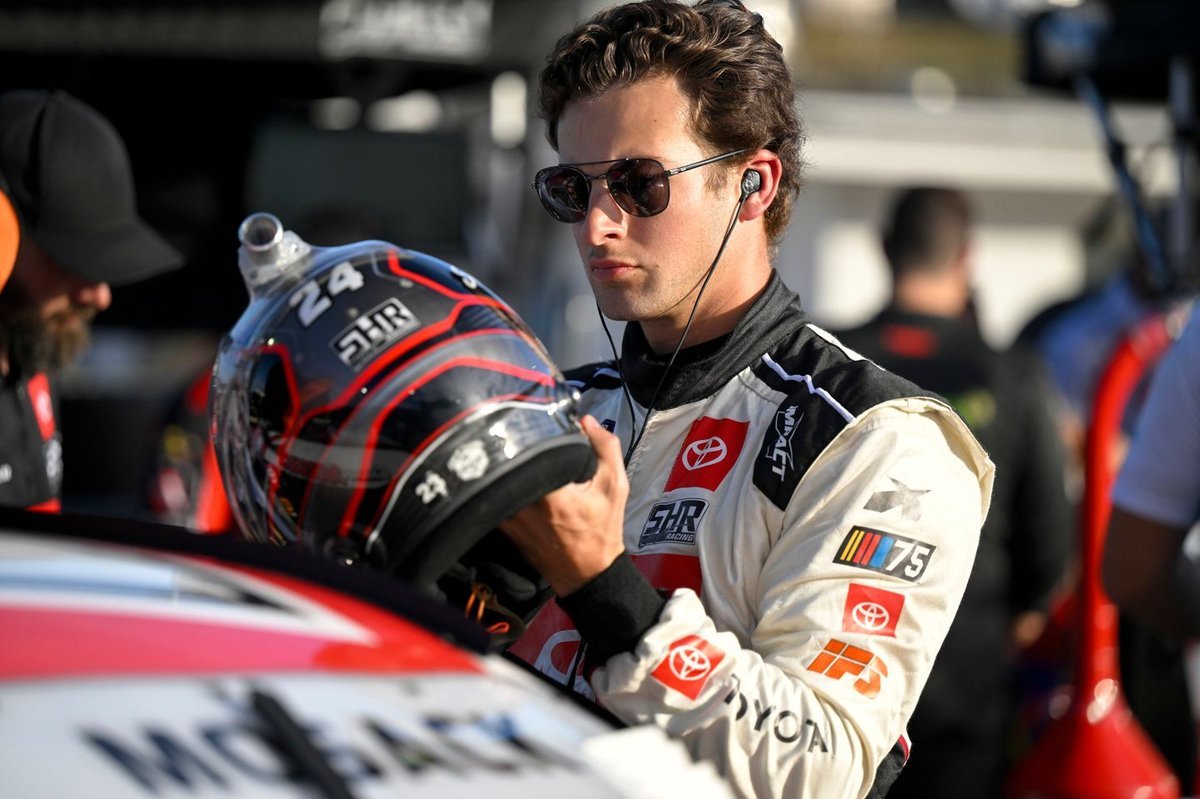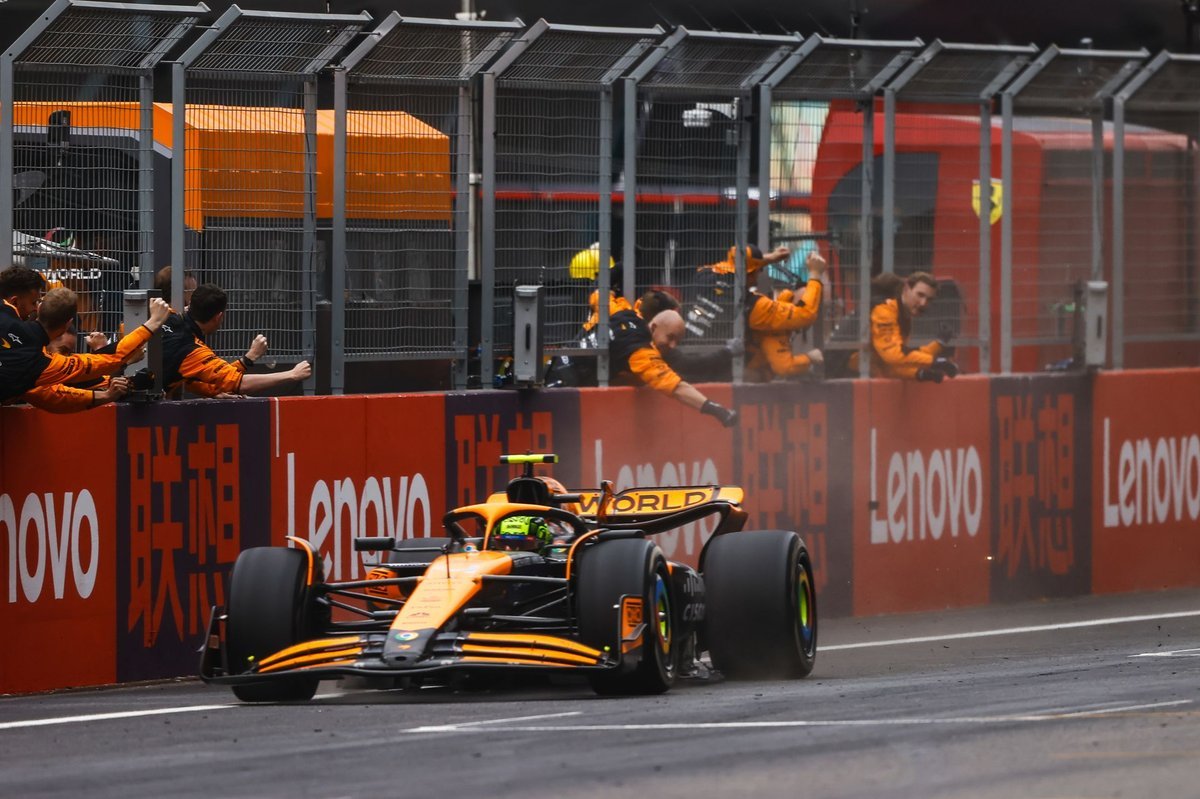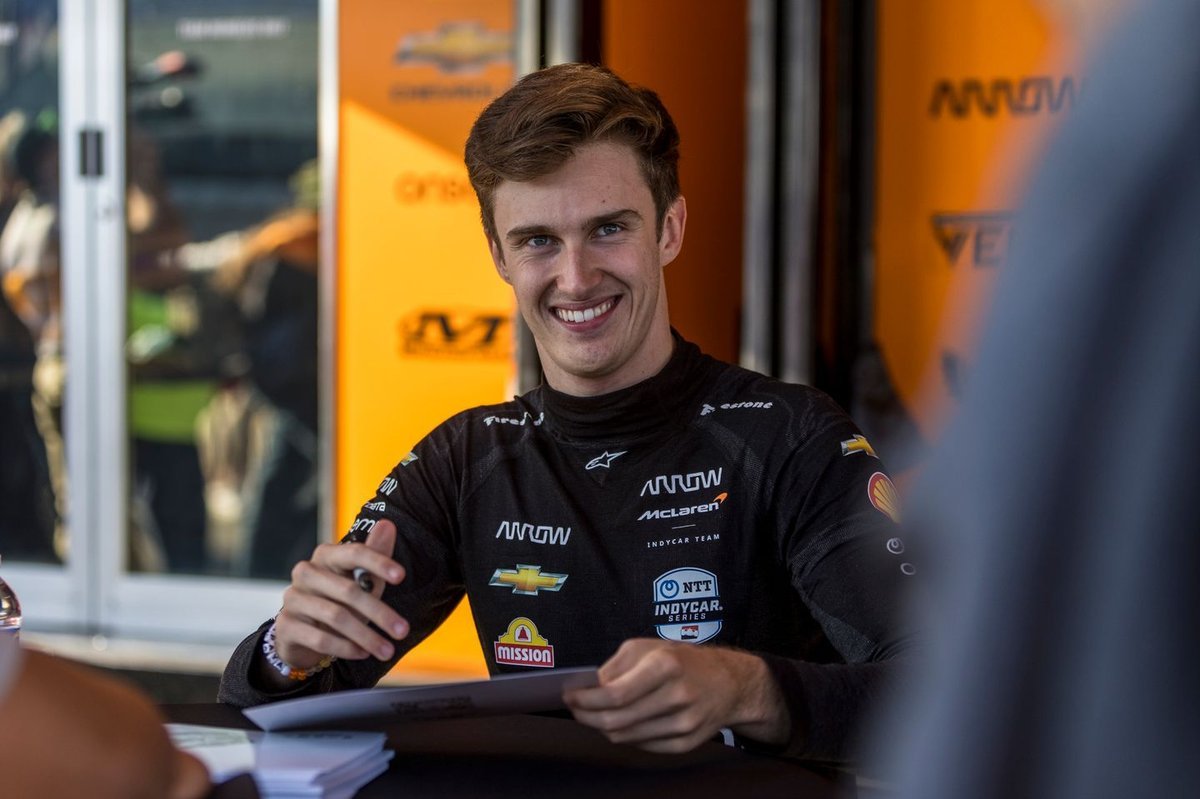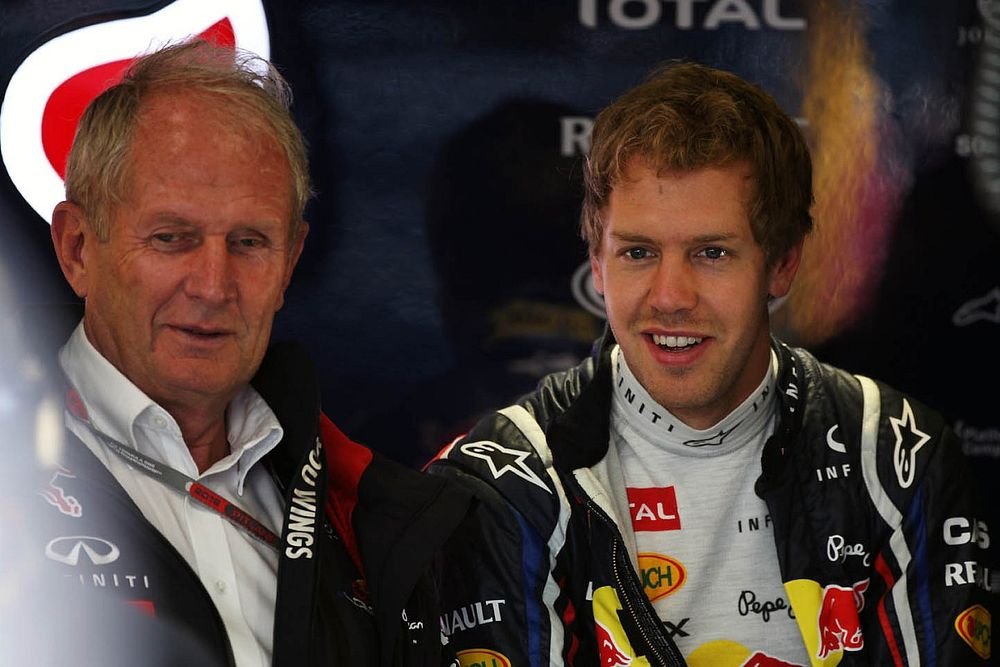
With Red Bull Racing securing its dominance in the modern era of Formula 1, the team has now begun placing strategic focus on leadership continuity beyond its current structure. Amid internal tensions and increased scrutiny around Christian Horner’s position, Red Bull’s motorsport advisor Dr. Helmut Marko has made a defining statement—naming four-time World Champion Sebastian Vettel as his ideal successor within the team’s leadership.
This revelation provides insight into the long-term trajectory of Red Bull’s racing operations, especially as the team prepares for monumental shifts in 2026 with its in-house powertrain program.
Sebastian Vettel: The Natural Heir to Red Bull’s Racing Empire
Vettel’s legacy with Red Bull Racing is unparalleled. Between 2010 and 2013, he spearheaded the team’s dominance, capturing four consecutive World Championships. His deep understanding of the team’s DNA, commitment to innovation, and analytical approach make him a natural candidate for a leadership position.
More than nostalgia, Marko’s endorsement of Vettel reflects a calculated decision. Red Bull values leaders who embody performance-driven culture with a forward-thinking mindset. Vettel, who has often spoken about his interest in environmental initiatives, new technologies, and driver welfare, fits the profile of a modern F1 executive who can guide the team through the sport’s next evolution.
Marko’s Growing Influence in Team Restructuring
Dr. Helmut Marko has always wielded significant influence within Red Bull’s motorsport division, particularly over its driver academy and long-term technical vision. With Red Bull Powertrains becoming central to the team’s F1 future, Marko is focused on building a support system that ensures sustained competitiveness—both on and off the track.
Marko’s choice to highlight Vettel is also a subtle signal to the paddock: Red Bull is already writing the next chapter in its racing history. That future includes not just engineering excellence, but leadership shaped by people who have won at the highest level.
Behind the Scenes: Power Shifts Within Red Bull’s Management
The internal power dynamics at Red Bull Racing have intensified in recent months. Following controversies involving team principal Christian Horner, discussions regarding the future of team leadership have surfaced publicly for the first time.
While Horner remains at the helm, Marko’s recent statements about Vettel suggest a backup vision is not just conceptual—it’s active. The potential inclusion of Vettel within a managerial or strategic advisory role could provide the team with a seamless transition should a shift be required.
Red Bull’s Austrian and Thai stakeholders may also view Vettel’s popularity and global reputation as valuable assets, especially when branding and sustainability become focal points in the years ahead.
Vettel’s Post-F1 Career Moves Fuel Speculation
Since retiring from F1 at the end of 2022, Vettel has remained active in racing and advocacy. From test runs in electric-powered prototypes to speaking out on climate change and human rights within sport, his presence continues to evolve beyond the cockpit.
Vettel has maintained close ties with Red Bull, attending events, speaking at team anniversaries, and even hinting at potential test drives. His measured and reflective approach has only added credibility to his post-racing persona. With team roles like ‘Brand Ambassador’, ‘Technical Advisor’, or even ‘Sporting Director’ available, the entry point for Vettel is wide open.
Red Bull’s Junior Programme and the Search for Next-Gen Leadership
In parallel to Vettel’s potential return, Red Bull’s driver development program continues to produce headline-worthy talent. Yuki Tsunoda, Liam Lawson, and Isack Hadjar are among the key figures currently under watch by Marko.
But leadership at Red Bull has never been just about racing talent—it’s about molding personalities that can manage, inspire, and innovate. With Vettel having been through the very system Red Bull still relies on, his experience provides both an operational and symbolic bridge between past, present, and future.
Strategic Timing: Vettel and Red Bull’s 2026 Power Unit Project
2026 marks the beginning of a new hybrid era in Formula 1, and for the first time, Red Bull will run their own power units through Red Bull Powertrains. It’s no coincidence that succession talks involving Vettel are surfacing now.
Red Bull knows that a new technical chapter must be matched by visionary management. Vettel’s insight into hybrid systems, his long-term rapport with Adrian Newey, and his intellectual curiosity make him an invaluable asset as Red Bull navigates this major engineering pivot.
The Sentimental and Commercial Value of Vettel’s Return
From a branding perspective, bringing Vettel back into the fold offers immense value. His name is synonymous with Red Bull’s golden era, and fans across generations still associate his championships with the energy drink giant’s F1 rise.
Having Vettel in a leadership or ambassadorial role could elevate Red Bull’s image, especially as rival teams like Mercedes have successfully integrated ex-drivers into their corporate structure. Vettel represents legacy, loyalty, and leadership—the three pillars any team needs to remain competitive off-track.
Final Thoughts: A Strategic Move Waiting to Happen
While no formal announcement has been made, the groundwork has been laid. Helmut Marko’s statement wasn’t a passing remark—it was a strategic breadcrumb. As Red Bull prepares for its next evolution, bringing back a proven winner like Sebastian Vettel in a senior position could ensure continuity, credibility, and competitiveness.
All signs point to this being more than wishful thinking. For Red Bull, it’s about preserving dominance while future-proofing their legacy—and no one embodies that vision more than Sebastian Vettel.

